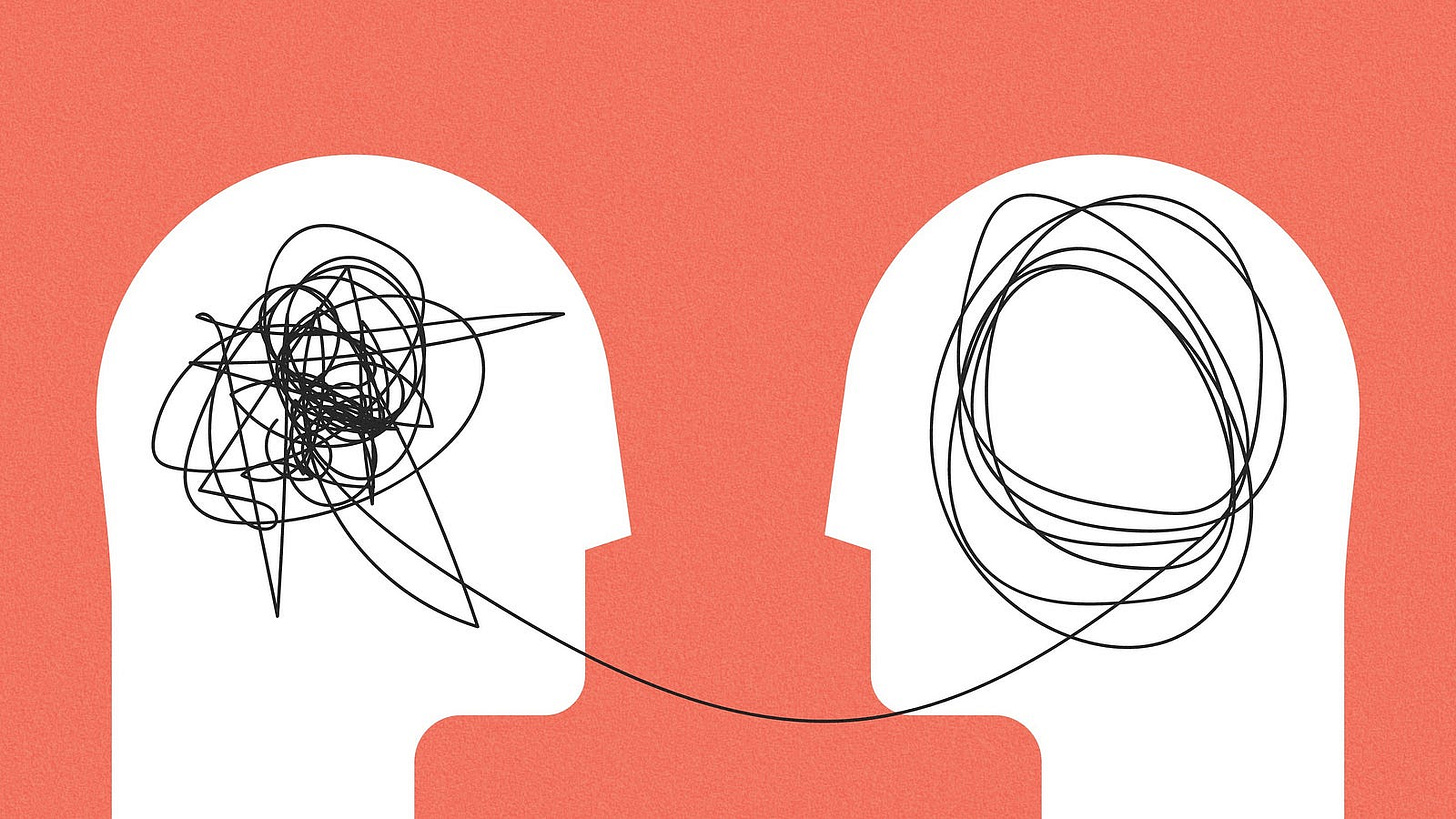Men Are Less Empathetic Than Women — But Is It Really in Their DNA?
There’s more to the gender empathy gap than meets the eye

If you’re a woman, chances are that at some point in your life, you thought to yourself, why can’t men ever guess what I’m thinking or feeling? or why they don’t seem …
Keep reading with a 7-day free trial
Subscribe to The Noösphere to keep reading this post and get 7 days of free access to the full post archives.



